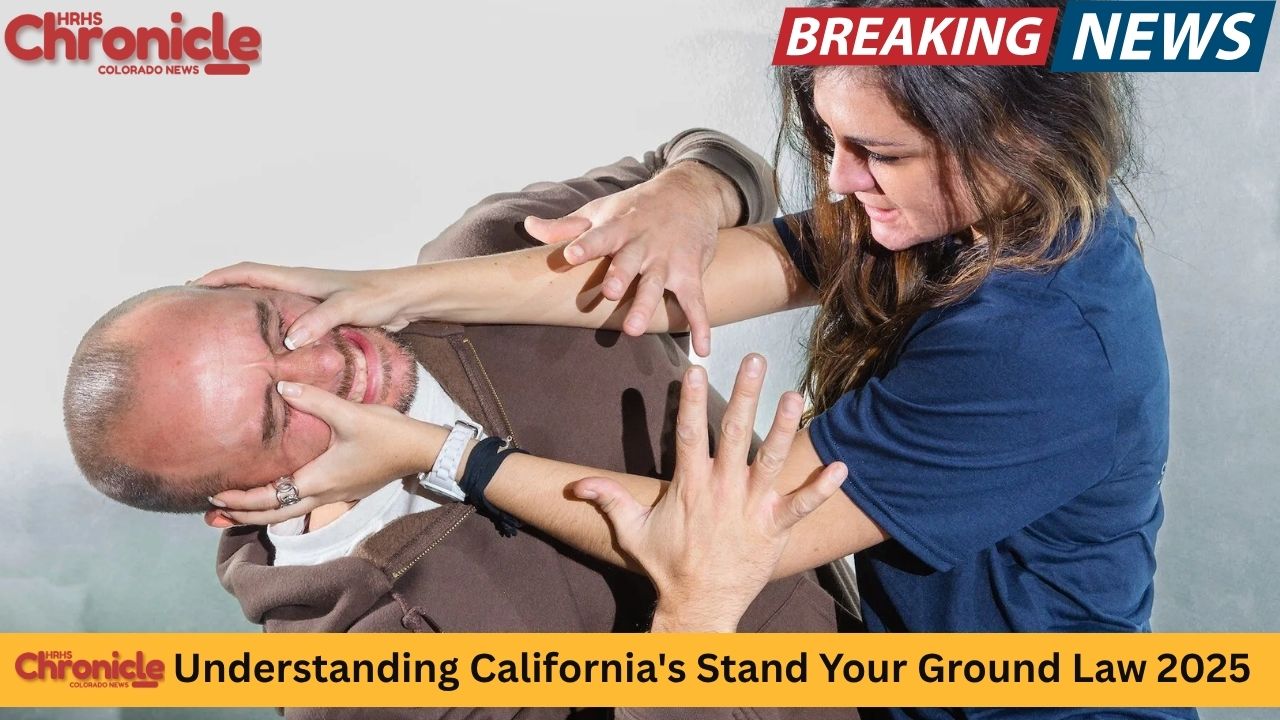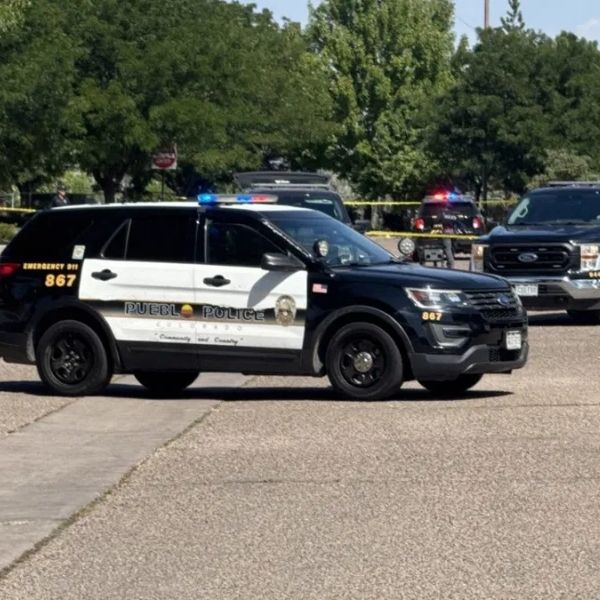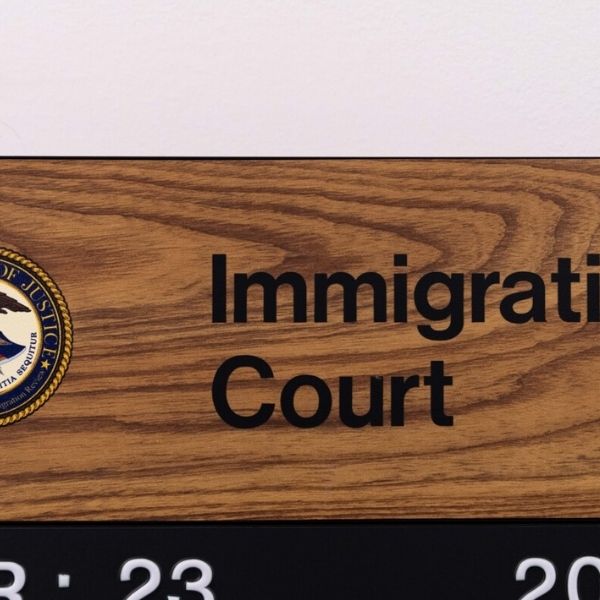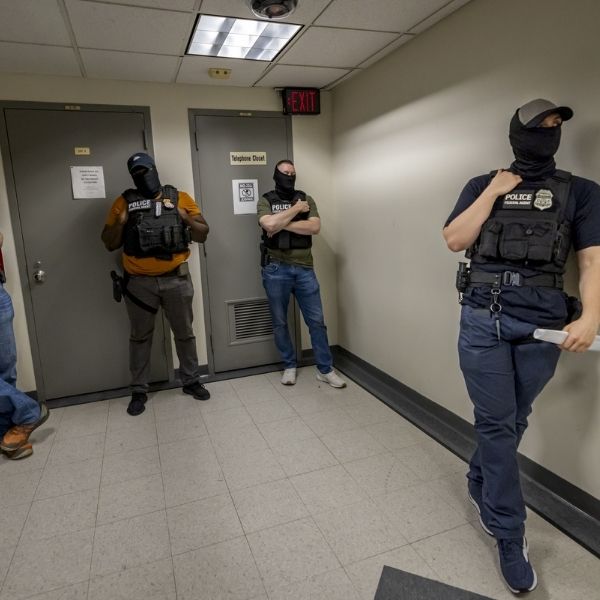Self-defense laws in the United States often stir debate, especially when involving life-or-death decisions. At the heart of many of these discussions is the concept of “Stand Your Ground” — a legal doctrine that can make or break criminal cases. While many states have explicitly adopted Stand Your Ground laws, California takes a unique stance. For residents in cities like Los Angeles, San Diego, Sacramento, and San Francisco, understanding the scope of this law is essential for both legal compliance and personal safety.
The Concept of Stand Your Ground
Stand Your Ground laws allow individuals to use force, including deadly force, without retreating, if they reasonably believe such force is necessary to prevent harm to themselves. Unlike traditional self-defense laws that often require a person to attempt to escape before using force, Stand Your Ground laws eliminate the “duty to retreat,” even in public spaces.
In essence, the doctrine empowers people to protect themselves wherever they have a legal right to be. This could be at home, at work, or in public areas such as parks or parking lots.
California’s Approach: Duty to Retreat vs. No Duty
California does not have a specific “Stand Your Ground” statute like Florida or Texas. However, its legal system has evolved to support a no-duty-to-retreat approach under certain circumstances. This means that Californians are not legally obligated to retreat if they are threatened with imminent harm and are in a place where they have a right to be.
What makes California’s approach unique is that it is shaped more by judicial precedent and jury instructions than by written law. In practical terms, the outcome of a self-defense claim often depends on how judges interpret these legal standards and how juries apply them.
California’s Legal Framework on Self-Defense
California Penal Code § 198 and § 197 outline justifiable homicide and use of deadly force. These laws state that homicide is justifiable when resisting an attempt to murder or when defending oneself from great bodily injury or a felony.
Key legal points:
-
The person must reasonably believe that they or someone else is in imminent danger.
-
The amount of force used must be proportionate to the threat.
-
The defender must not be the initial aggressor.
While the law does not explicitly say “Stand Your Ground,” the absence of a retreat requirement gives residents some flexibility in how they defend themselves.
Key Differences: Stand Your Ground vs. Castle Doctrine
Many Californians confuse Stand Your Ground with the Castle Doctrine, but they are not the same.
-
Castle Doctrine: This legal principle applies specifically to one’s home or property. Under this rule, individuals may use deadly force against intruders without the duty to retreat.
-
Stand Your Ground: This applies more broadly to public and private spaces where one is lawfully present.
California has a strong Castle Doctrine, particularly under Penal Code § 198.5, which presumes that force is reasonable if someone forcibly enters a home.
Real-Life Cases in California
Throughout the state, cases involving claims of self-defense under the Stand Your Ground concept have emerged.
Case in Los Angeles:
In a 2020 incident, a store owner in East LA shot an armed robber. Prosecutors declined to file charges, citing the owner’s right to defend himself under the no-duty-to-retreat interpretation of state law.
Case in San Francisco:
A 2017 altercation between two drivers escalated to violence. The man who used force was acquitted after presenting a self-defense claim. The jury determined he had no obligation to retreat because he was lawfully present.
These cases demonstrate how California’s version of Stand Your Ground is applied on a case-by-case basis and often hinges on jury perception.
City-Level Insights Across California
Los Angeles
Due to high crime rates in some neighborhoods, residents are particularly interested in self-defense laws. LAPD often conducts community outreach to educate people on legal and safe ways to handle confrontations.
San Diego
San Diego’s proximity to the border and active gun-owning community creates unique self-defense concerns. Law enforcement supports firearm safety education and emphasizes proportionate response.
Sacramento
As the state capital, Sacramento hosts numerous legal workshops and seminars, especially around elections or after high-profile cases.
Fresno and Bakersfield
These Central Valley cities see higher gun ownership and more instances of homeowners invoking the Castle Doctrine. Awareness of state law helps minimize misuse of force.
Impact on Law Enforcement and Prosecution
Police departments and prosecutors across California must evaluate each self-defense claim through a nuanced lens. They consider:
-
Who was the aggressor?
-
Was there a reasonable fear of harm?
-
Was the force proportional?
-
Was the defender in a legal location?
Because California does not have blanket immunity for those claiming self-defense, unlike some Stand Your Ground states, police investigations are almost always required.
Controversies and Public Opinion
The absence of a formal Stand Your Ground statute has benefits and drawbacks. Supporters argue that California’s approach prevents vigilante behavior and forces careful legal examination. Critics believe the lack of clarity can endanger people who acted in good faith.
Racial disparities in enforcement have also come under scrutiny. Several advocacy groups in Oakland and Compton have raised concerns about bias in how self-defense claims are interpreted based on race and neighborhood demographics.
How It Affects Gun Owners and Concealed Carry Holders
California has strict gun control laws, especially in urban areas like San Jose and Santa Ana. However, residents with concealed carry permits (CCW) must still understand how and when they can lawfully use their weapons.
For example:
-
Brandishing a firearm can be considered a criminal offense unless it’s in self-defense.
-
Even lawful CCW holders must prove that deadly force was their last resort.
Many counties, including Riverside and San Bernardino, offer CCW training that incorporates scenarios around self-defense laws.
Training and Awareness for Californians
Several law enforcement agencies and community groups host self-defense workshops and legal seminars for the public. In cities like Long Beach and Modesto, these events draw large crowds eager to understand their rights.
Legal experts often stress:
-
Recording incidents if possible
-
Contacting authorities immediately after an incident
-
Avoiding confrontation whenever possible
Legal Consequences of Misuse
Using force in a non-justified situation can lead to serious consequences:
-
Manslaughter or murder charges
-
Civil lawsuits by the victim or their family
-
Permanent loss of firearm rights
In Anaheim, a 2022 case involved a man who chased down a suspected car thief and shot him in the back. Prosecutors argued that this was not a defensive act but retaliation. The shooter was charged with voluntary manslaughter and sentenced to 12 years.
Comparing California with Other States
Florida:
Has one of the broadest Stand Your Ground laws. Defenders are often granted immunity from arrest and prosecution.
Texas:
Also has strong protections and clear written laws stating there is no duty to retreat in one’s home, car, or workplace.
New York:
Requires retreat when safely possible, unless inside one’s own dwelling.
California:
Takes a middle ground—no statutory Stand Your Ground, but no legal requirement to retreat in most cases.
This nuanced approach can protect both the rights of defenders and the public by encouraging thorough investigations.
What Californians Should Do in a Self-Defense Situation
Here are key actions residents should take during and after a self-defense situation:
-
Stay Calm: Panic can escalate the situation.
-
Call 911 Immediately: Always report the incident, even if you believe it was justified.
-
Do Not Tamper With the Scene: Preserve evidence.
-
Seek Legal Representation: Talk to a defense attorney before making any statements beyond basic facts.
-
Cooperate: Answer basic identification questions, but reserve full statements for your lawyer.
Final Thoughts
California’s version of the Stand Your Ground law is complex. While it supports the right to self-defense, it avoids the blanket immunity seen in other states. Residents of cities like Oakland, Pasadena, Chula Vista, and others must navigate this landscape carefully.
Whether you own a firearm, carry a weapon, or simply want to know your rights, understanding how self-defense works in California can protect you both legally and physically. The key takeaway is this: you may not have a duty to retreat, but you still have a duty to act reasonably.
















Leave a Reply